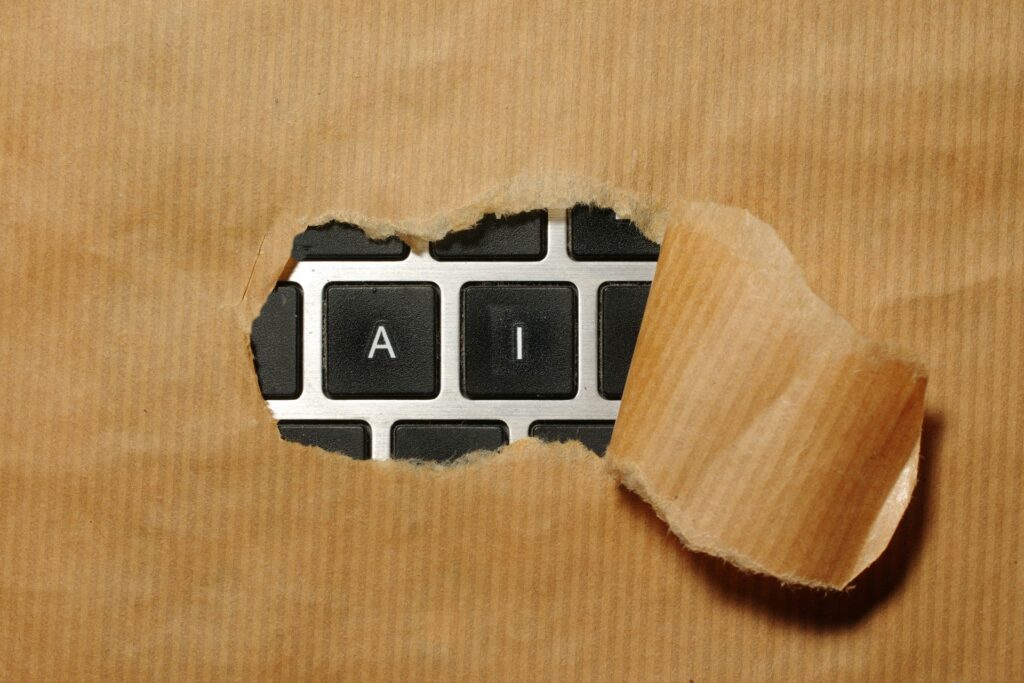Countless books, movies and TV shows have dealt with the ethics of artificial intelligence. These are more relevant than ever as AI becomes more and more prevalent in everyday life. There’s no question that it’ll be a significant part of the future, but is artificial intelligence good or bad for us?
The AI industry is booming, now worth more than $20 billion with no signs of stopping. It’s not a stretch to say that AI applications will be typical in nearly every aspect of life before long. As the world moves towards that future, questions about whether or not AI is safe start to arise.
AI shows a lot of promise, but also raises some ethical questions. Here’s a rundown of the good and the bad of it all.
How Artificial Intelligence Is Good
AI’s potential for good is vast. The most obvious benefit is how it can save companies time and money by automating tasks. AI programs can take over repetitive work so humans can focus on other things, substantially improving productivity.
One of the most beneficial applications of AI is in the medical field. Some AI systems can predict conditions like kidney disease long before humans can, helping doctors treat patients faster. Just as AI saves time in businesses, it can do the same for hospitals, which can save lives.
Predictive analytics, an AI application that deals with making predictions based on scattered data, can help in many ways. Today, businesses use it to predict customer trends, but in the future, it could help things like safety. If AI predicted something like a disease outbreak, crime wave or natural disaster, people could prepare accordingly.
In a more general sense, AI can be a handy tool for everyday processes. If you’ve ever used Alexa or Google Assistant to answer a question or set a reminder, you’ve sought help from AI. All of these benefits only scratch the surface of what AI can do, too.
How Artificial Intelligence Is Bad
There’s no doubt that AI can do a lot of good for society. At the same time, it also has significant potential to be harmful, and you can see some that today. Most notably, AI can take the effects of bias to an extreme.
Amazon stopped using a hiring AI when it turned out that the system favored male resumes, mainly because they used mostly male resumes to train it. Similarly, a criminal justice algorithm in Florida was twice as likely to label African American defendants as “high-risk” than white defendants. Programs themselves don’t have prejudices, but if the data these systems learn from is inherently biased, AI builds on them.
Another concern with AI is that it could favor outcomes over processes, which can be dangerous. For example, a self-driving car could attempt to get a passenger somewhere as fast as possible, but does so by speeding and putting other drivers at risk. Programming a hierarchy of rules and ethics into AI to avoid these situations may be challenging.
AI in the hands of a malicious party, like a terrorist cell, could present an unprecedented danger. In a less extreme outcome, it could just lead to job loss through over-automation. The range of AI’s potential harmful consequences is as broad as its potential for good.
The Final Verdict
With all this in mind, it’s clear that AI has the potential to be both good and bad. So which side outweighs the other? Is AI good or bad? That depends on how people move forward with this technology.
Whether AI will benefit or harm humanity depends mostly on two things: how we build AI and how we apply it. Researchers have to be careful to program AI to account for things like bias, legality and empathy. Similarly, companies should think of how they’re using AI, ensuring that they don’t give it too much power or sacrifice people in the process.
If people can be careful with it, AI can revolutionize the future from business to public safety. As long as we understand the risks of AI and work to avoid them, it can be one of history’s most beneficial technologies.
Recent Stories
Follow Us On
Get the latest tech stories and news in seconds!
Sign up for our newsletter below to receive updates about technology trends




